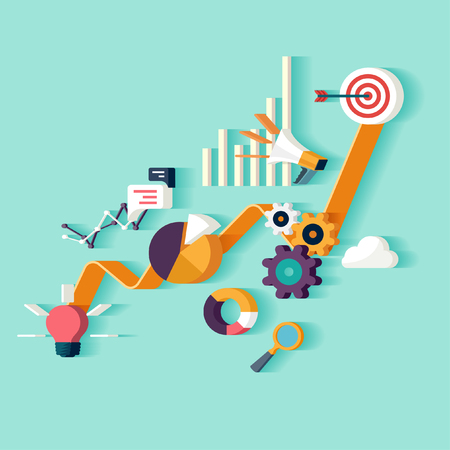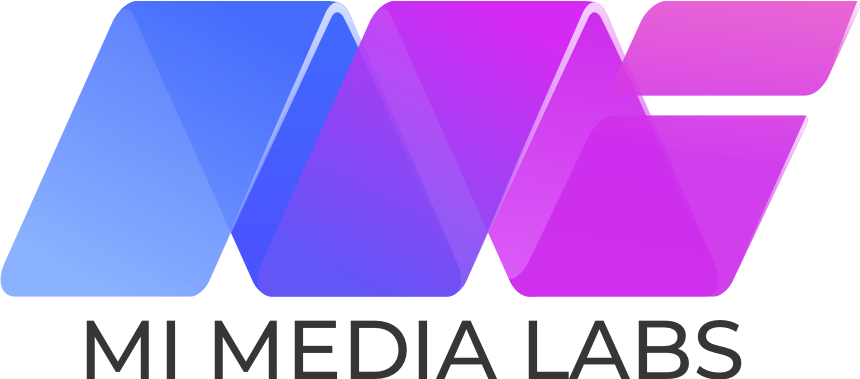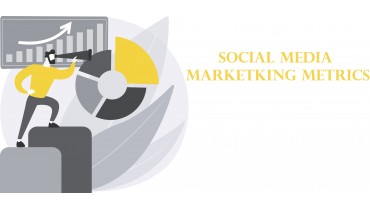Essential social media metrics for a business
Let's go through what social media metrics are, why they're essential, where to discover them, and which ones to pay attention to in this tutorial. The specifics you follow will differ depending on your sector, business, and promotions. Consider these the foundational metrics for your social media analytics strategy. Social media metrics are significant because they demonstrate that you can assess the success of a campaign, the effectiveness of your social strategy, and, ultimately, whether you will influence your entire organisation. Metrics keep you informed about the overall health of your social profile and brand. You won't know how much of an influence your social media presence has unless you have the facts to back it up. Also with most of the customers spending several hours per day on platforms such as Instagram, Facebook, and Twitter, having an effective approach that evolves as the platforms introduce new features, tools, and enhancements is essential.

Social media reach:
The number of individuals who see your brand and content is referred to as reach. You can think of reach as the number of people who see your social media content. Of course, the more eyes the better, and while reach does not always tell the whole storey, it is an important measure to keep track of. You can monitor your reach across all of your social networking sites. Examine your following increase, individual content reach, entire campaign reach, and audience growth rate across your various social media channels to track this indicator. Over time, campaigns should increase their reach.
Social media engagement:
The social media metrics of engagement tells you how many people are interacting with the post on social media sites. Comments, shares, likes, clicks, and saves are all examples of forms of engagement. This is a problem if your reach is perfect but your engagement isn't. What is the point of posting stuff if no one engages with it? Your social media engagement rate reveals how engaged your audience is, as well as what content they like and don't like. For example, if photographs of dogs have 10 times the amount of interaction as pictures of cats, you would increase the dog pictures and not post the cat photos.
Social media sharing :
The rate at which your customers follow your information and share it on their social networks. The amplification rate can be thought of as the ratio of shares per social post. While receiving likes and comments is encouraging, they may not inevitably increase your reach. Your content, on the other hand, is exposed to new audiences when your followers amplify it, and you don't have to pay for it. A high amplification rate indicates that your followers have taken the conscious decision to associate themselves with your brand among their peers. Keep track of how many times your content is shared or re-posted, then divide it up by your total followers and multiply by 100 to get the amplification rate.
Social media conversion:
Conversions are highly dependent on your business model, therefore you'll need to define them concerning your social media strategy and industry. A conversion might be a straight website purchase for you, but for other businesses, it could be someone signing up for your newsletter, downloading gated content, or registering for a local event. Conversions are the business goals you're aiming for at the end of the day, the ones that improve your bottom line. Your conversion rate, on the other hand, is a measure of how many individuals who click on your ad go on to complete the conversion process. Further, if you're not running paid social media advertising, having a way to follow a user's path through a shortened URL or call-to-action link that collects data is a smart idea when posting on social. This way, you'll be able to see which organic social postings result in conversions in the future.
In conclusion, we've selected the most important social media indicators that matter for most organisations and goals among the dozens of metrics accessible to track. Engagement, impressions, reach, and conversion is the most prevalent and frequently significant KPIs to monitor.



